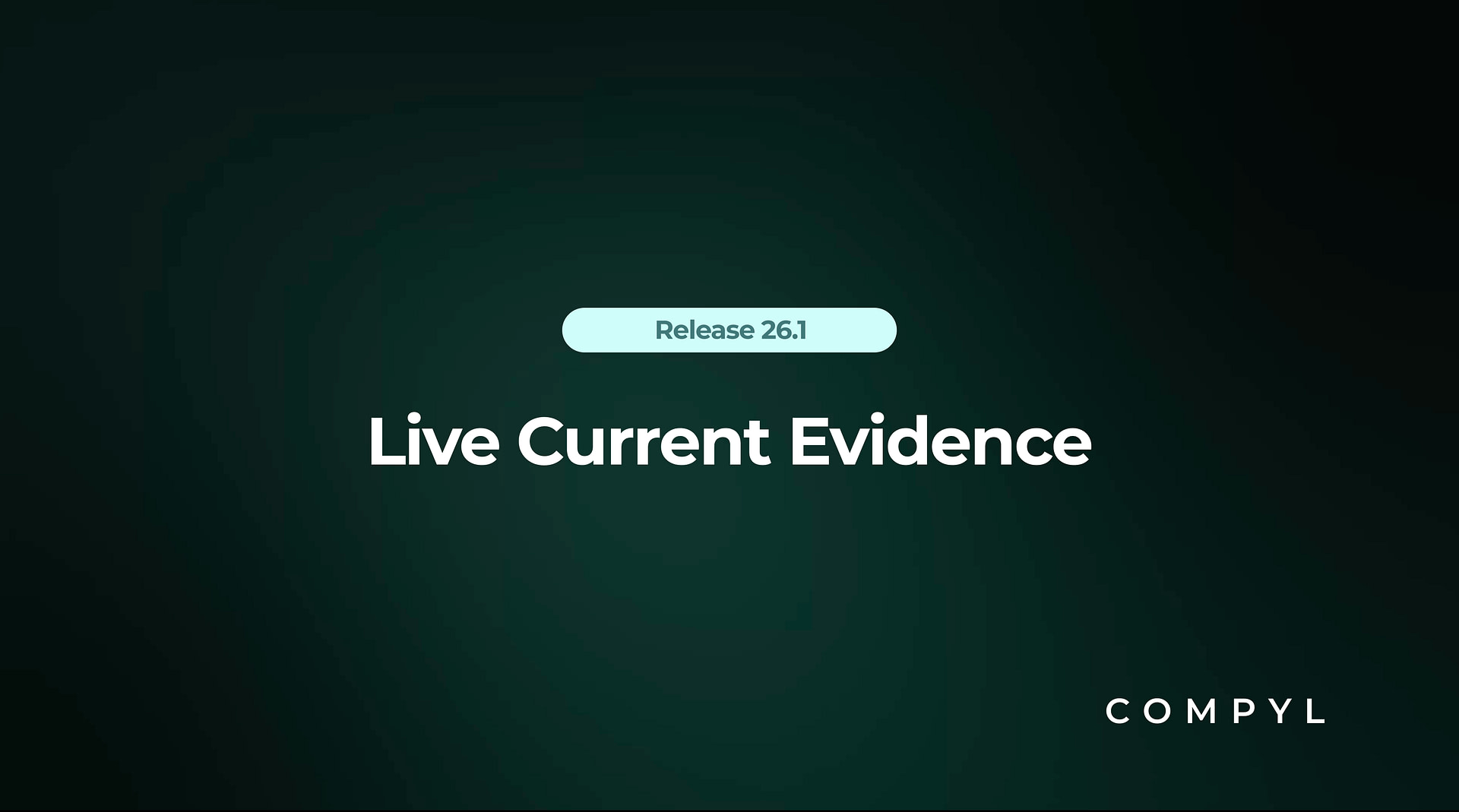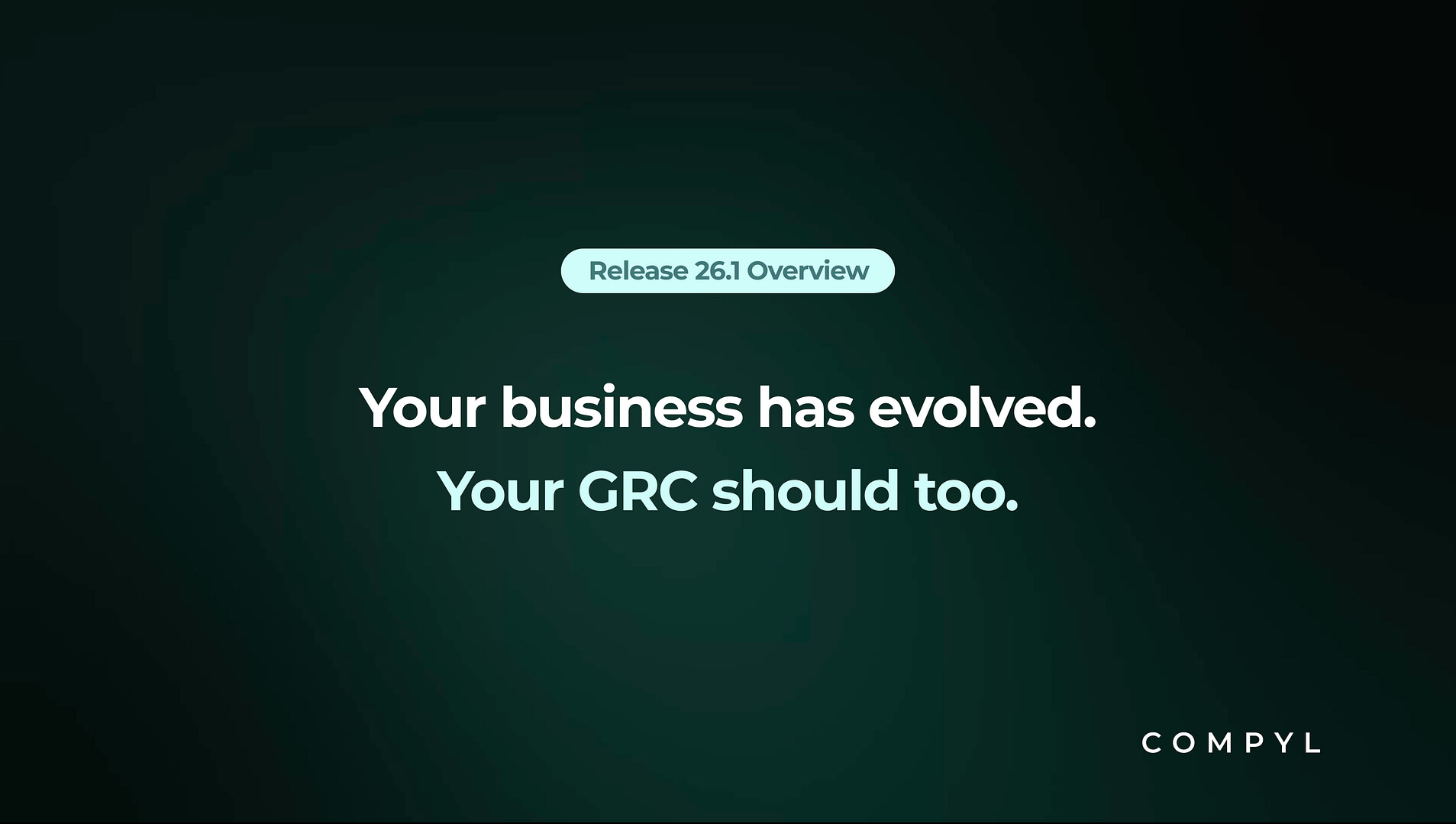Google Meet is one of the most popular video conferencing tools in the world. With so many users exchanging so much information, security is a major concern. For those in healthcare, maintaining compliance while using this platform is especially important, as they deal with extremely sensitive information on a regular basis. So is Google Meet HIPAA compliant? It can be, but with some caveats.
How Do You Set Up Google Meet to Be HIPAA Compliant?

Google Meet isn’t HIPAA compliant by default. However, there are a few things you can do to get on track, such as making a HIPAA compliance checklist. Here’s an in-depth look at the steps you can take to make the platform compliant with your HIPAA requirements.
Subscribe to Google Workspace for Healthcare
The first thing you want to do is subscribe to Google Workspace for Healthcare, which includes advanced security features that support HIPAA compliance. While free Google tools may suffice for everyday communication, they may not be sufficient for those in the healthcare space who are tasked with protecting private information.
Sign a Business Associate Agreement (BAA) With Google
Signing a BAA with Google is one of the best ways to protect your business when using Google Meet. This establishes that Google is responsible for securing protected health information (PHI) while you’re using their services. A BAA usually comes with a Google Workspace subscription, but you can also access it through Google Admin Console.
Configure Your Google Meet Security Settings

Google Meet may not come pre-configured to meet all your HIPAA compliance needs. It’s important to utilize the right tools and features to ensure the platform ticks your requirements. For example, by enabling encryption, you can mask sensitive information in transit, preventing it from being accessed by unauthorized parties.
It’s also recommended that you disable the recording feature for meetings where you will be sharing PHI. Some states, like California, actually have laws that prohibit recordings without all parties’ consent, and so to be safe, it’s generally advisable to just halt recording altogether.
Develop Data Loss Prevention (DLP) Policies
DLP is the process by which organizations aim to preserve data and prevent it from falling into the wrong hands. Google Workspace allows users to create DLP policies that block sensitive data from being shared inappropriately, highlighting red flags in the system so that users can take immediate action.
Google’s DLP tools are largely customizable, so whether you’re looking to protect medical history or even more sensitive data like Social Security numbers, you get to decide the level of security you need and are comfortable with. This can be hugely beneficial for companies seeking greater control over the way their data is handled.
Safely Store Meeting Data
Securely storing meeting data can help make Google Meet HIPAA compliant. When concluding your meetings, be sure to “clean up” your data; leave no trace behind. That may require establishing access controls, where only authorized parties can access data in storage. Develop a clear data retention policy that outlines the conditions under which data can be retained and when and how it should be discarded.
Train Providers on Compliance Best Practices

Compliance really starts from the top-down. It isn’t just about configuring systems, but making sure humans understand the importance of complying with relevant laws and regulations. Before getting started with the platform, you need to train all providers, staff, and stakeholders on HIPAA compliance do’s and don’ts.
You should update your training program on a regular basis to reflect legal changes and current business needs. When Google introduces a new feature, for instance, providers must understand how to leverage that feature while protecting PHI. Don’t just assume they’ll be able to jump right in and maintain perfect compliance.
The Ramifications of Non-Compliance
While maintaining compliance with standards like HIPAA can feel like a full-time job in and of itself, non-compliance can create serious trouble for your business. Understanding the most common HIPAA violations and how to prevent them is key to avoiding consequences like these.
Data Breaches
Data breaches can spell disaster for companies that fall within the scope of HIPAA. Failure to configure Google Meet for HIPAA compliance leaves data vulnerable to cyber attackers, potentially exposing PHI. This can lead to significant financial loss.
Fines and Penalties
Even if you don’t experience a data breach, non-compliance can result in some pretty hefty fines and penalties. Specific amounts depend on the tier of the offense, adjusted for inflation:
- Tier 1 (Lack of Knowledge): Minimum $137 per violation
- Tier 2 (Reasonable Cause): Minimum $1,379 per violation
- Tier 3 (Willful Neglect): Minimum $13,785 per violation
- Tier 4 (Willful Neglect Not Corrected in 30 Days): Minimum $68,928 per violation
For each tier, there is a staggering maximum penalty of $2,067,813 per violation. So yes––it’s really in your best interest to ensure compliance when using platforms like Google Meet. While compliance takes time and often requires some upfront costs, it can save you money in the long run.
Loss of Patient Trust
Patient trust forms the backbone of any successful healthcare organization. Businesses that lose that trust don’t just take a short-term financial hit, but may struggle to recover down the road. It’s often said it takes many good deeds to build a good reputation and just one misdeed to destroy it. In healthcare, where so much is on the line, this couldn’t be more true.
Once patient trust is broken, it’s hard to recover. You may need to demonstrate a long-term, newfound commitment to compliance, and it can take a while to polish your reputation. This is why it’s best to maintain a good HIPAA standing.
Comply Can Help You Determine If Google Meet is HIPAA Compliant
Compliance should never be taken lightly, especially in high-stakes industries like healthcare. But how can you know for sure whether or not Google Meet is HIPAA compliant? Compyl’s GRC platform offers advanced HIPAA compliance features that allow users to manage multiple aspects of HIPAA compliance, including workflow automation and framework mapping. To learn more about how Compyl can help improve your Google Meet compliance strategy, contact us today.




